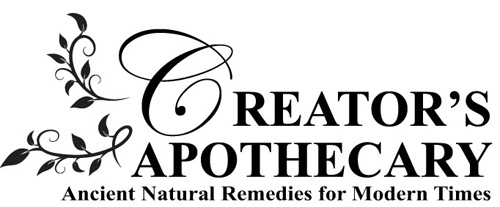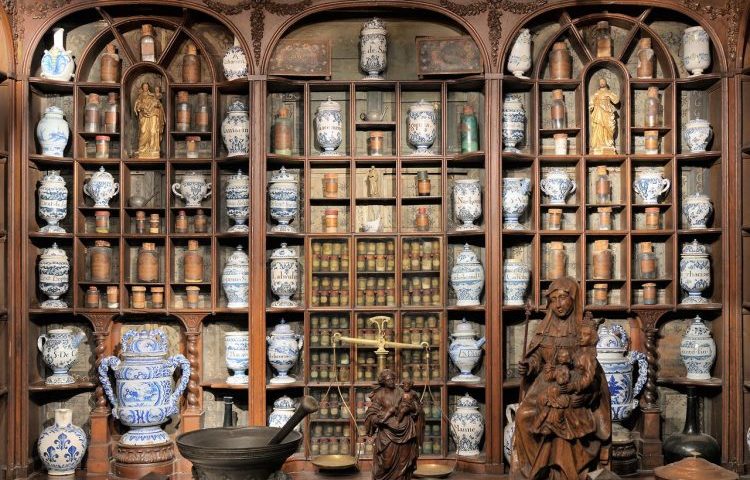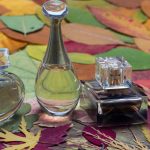Royal Apothecary of London
Book Summary: History of the Apothecaries, The Royal Apothecaries.
By Leslie G. Matthews. (Pp. 191 + xiv; illustrated. 25s.) London: Wellcome Historical Medical Library. 1967.
The author of this book undertook a long, arduous, but fruitful research into historical records dating from the Norman Conquest to the present time. The result is a valuable work containing a multitude of interesting facts backed by 30 pages of references and notes. The reader is thus able to trace how the office of royal apothecary arose and why the functions attached to it gradually changed. The Norman and Plantagenet kings were very fond of spiced wines, and chose members of the group of pepperers and grocers who imported these spices to provide what they needed.
These men, who in the time of King John began to be called spicers, also imported drugs from the East, and a number of them who took the trouble of learning how to make preparations from these drugs soon formed a special section of the Grocers’ Company called ” Apothecaries.” The monarch chose a personal apothecary and also one for his household. In the reign of Henry VIII the term ” Gentleman Apothecary ” was bestowed on the royal official.
The function of the royal apothecary was to prepare drugs according to the prescription of the royal physician, who might order any of the following: electuaries, potions, syrups, confections, laxative medicines, clysters, suppositories, cataplasms, gargles, baths (either complete or partial), fomentations, embrocations, etc.
He might well be kept busy if the king were ill. The emolument of the apothecary was about £40 a year (often a year or more overdue), but gifts of land or houses were common and more than compensated for the small salary.
In Tudor times there was a greater demand for perfumes that called for the distillation of fragrant herbs, while during the period of the Stuarts the apothecary had to provide the necessary materials for the embalming of the bodies of deceased monarchs. The formation of the Society of Apothecaries and the gift of a Charter by James the First in 1617 were notable events, and it was in this reign that the royal apothecary was given the duty of preparing the special oil used at the coronation. This oil was (and still is) made according to the prescription of Sir Theodore de Mayerne, and contained ” orange and jasmine flowers distilled in benjamin oil, distilled oil of rose and cinnamon, prepared benzoin, ambergris, civet, musk, and spirit of rosemary.” No wonder the author states that it has a rich and peculiar fragrance.
After the passing of the Apothecaries Act in 1815 the status of the apothecary rose and the royal apothecary often had a medical qualification. The designation of ” Surgeon Apothecary ” still continues in Great Britain, but the function is now medical. This book will be valuable to all who are interested in the history of medicine or pharmacy, and every medical library will need to possess a copy.
ZACHARY COPE
Grace to you and peace from God our Father and the Lord Jesus Christ. Philippians 1:2
Til next time,





